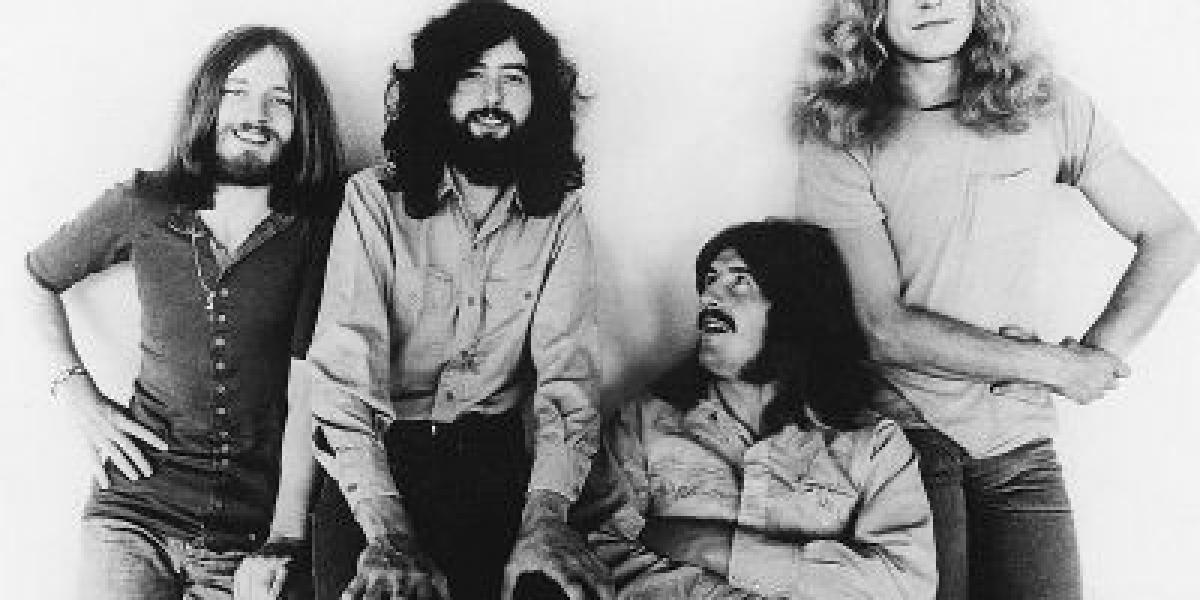Led Zeppelin's legendary, albeit concentrated, active period spanned from 1968 to 1980. During this time, they masterfully blended genres including Hard rock, Heavy metal, Blues rock, Urban blues, Folk rock, Progressive rock, Art rock, Rock and roll, and even elements of Proto-punk and Folk. Their dynamic sound yielded intense tracks perfect as a Workout Song or a timeless Cruisin Classic. Seminal works emerged rapidly in years like 1969 (Jan 12, Oct 22), 1970 (Nov 05), 1971 (Nov 08, Dec 02), 1972 (Feb 21), and 1975 (Feb 24, Nov 07).
This incredibly fertile period produced a treasure trove of Led Zeppelin masterpieces etched into rock history. Epic compositions like "Stairway To Heaven" and the mesmerizing "Kashmir" stand alongside heavy blues stomps such as "Whole Lotta Love" and "When the Levee Breaks." High-energy rock anthems include "Immigrant Song," "Rock and Roll," and "Black Dog." Their catalog also features acoustic gems like "Going To California," mystical journeys like "Ramble On," early raw power in "Communication Breakdown" and "Dazed And Confused," the heartfelt "Thank You," and the legendary drum solo "Moby Dick."



